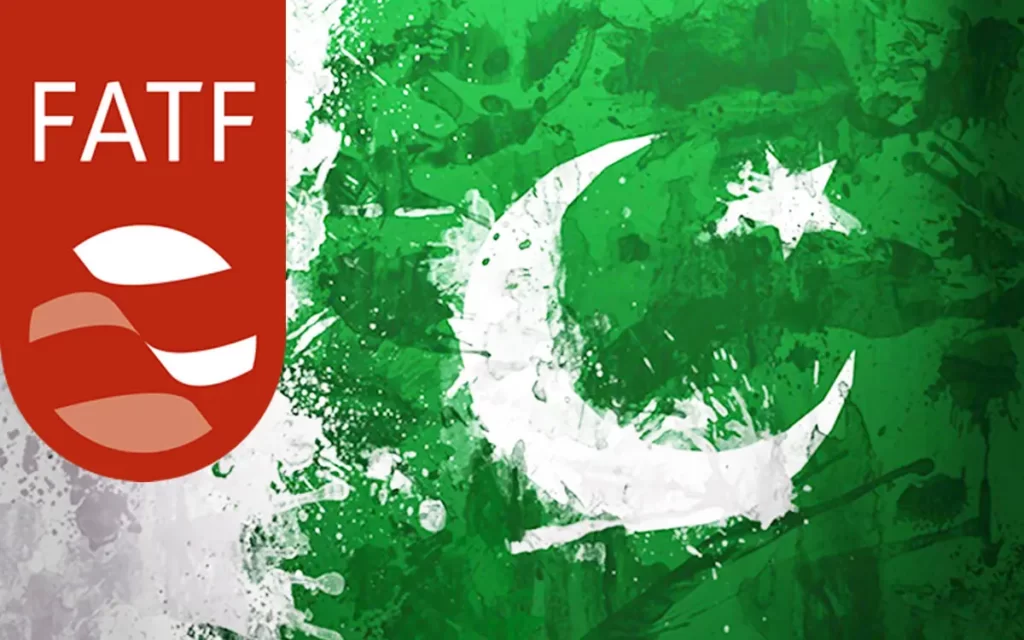Contrary to what Pakistan’s finance minister stated, the Financial Action Task Force (FATF) has clarified that it does not require Pakistan to ban crypto trading or services.

Local media reports say Finance Minister Aisha Pasha told the Senate committee that Pakistan must ban crypto trading to stay off the FATF’s “grey list” of jurisdictions.
State Bank of Pakistan (SBP) and the Information and Technology Ministry are drafting the legislation, according to Pasha, who reportedly instructed officials to begin working on a ban on cryptocurrencies.
FATF’s standards and recommendations for crypto regulation
However, in an email to CoinDesk, the FATF stated that it does not require countries to indiscriminately ban virtual assets and virtual asset service providers (VASPs) but rather to regulate them following its standards and recommendations.
The FATF asks VASPs to follow the same rules as banks, such as verifying customers, keeping records, reporting suspicious activities, and sharing transaction data.
Crypto’s legal status and Adoption in Pakistan
To date, cryptocurrencies have been considered illegal and unregulated under Pakistani law. The SBP proposed a crypto ban in January 2022, and the government has often expressed anti-crypto sentiments, even though adoption has become widespread in the country.
According to Chain Analysis, a blockchain data company, Pakistan ranked third in its Global Crypto Adoption Index in late 2021 but dropped to sixth in 2022 after the SBP’s proposal.
Pakistan also plans to launch a central bank digital currency (CBDC) in 2025 and has recently adopted a blockchain-based Know Your Customer (KYC) platform.
Pakistan’s efforts to comply with FATF’s action plan
Pakistan has been on the FATF’s grey list since 2018, which means it is subject to increased monitoring and scrutiny for its shortcomings in combating money laundering and terrorist financing.
Being on the grey list may compromise Pakistan’s access to international financial markets and aid.
Pakistan has been trying to comply with the FATF’s action plan to address its shortcomings and avoid being blacklisted, which would entail more severe consequences.
The FATF praised Pakistan’s progress and asked it to finish the remaining tasks on its agenda.
It will review Pakistan’s status at its June 2023 plenary meeting.
